cnl
The Clinical Neuroplasticity Laboratory at Yale University aims at clarifying the mechanisms underlying reorganization of brain functions in patients with neurological disorders, and to identify actionable items to improve their clinical management.
The lab is directed by Dr. Luca Pasquini at Yale School of Medicine.

Dr. Luca Pasquini (pi)
Assistant Professor of Radiology and Biomedical Imaging at Yale School of Medicine
Dr. Pasquini earned his medical degree from the University of Florence in 2014, followed by a Radiology Residency and a PhD in Neuroplasticity at La Sapienza University in Rome, completed in 2019 and 2023, respectively.Dr. Pasquini’s early career in Italy included faculty positions in Neuroradiology at La Sapienza University and Bambino Gesù Children’s Hospital in Rome. In the U.S., Dr. Pasquini joined Memorial Sloan Kettering Cancer Center (MSKCC), where he worked as a Research Associate in the fMRI laboratory. He further honed his expertise by completing a Fellowship in Neuro-Oncology Imaging, followed by a Nuclear Medicine Residency, both at MSKCC between 2020 and 2024.Dr. Pasquini published over 50 papers in peer reviewed journals. His contribution to the understanding of brain plasticity has been recognized internationally with multiple awards from the major radiological societies.
lab members
Dr. Samra Iftikhar
Dr. Saeed Rahmani
consultants and collaborators
Dr. Kyung Peck - Sloan Kettering Cancer Center
Dr. Mehrnaz Jenabi - Sloan Kettering Cancer Center
Prof. Andrei Holodny - Sloan Kettering Cancer Center
Dr. Antonio Napolitano - B. Gesù Children's Hospital
Dr. Alberto Di Napoli - La Sapienza University
Dr. Amirali Aali - Pars Hospital
Prof. Todd Constable - Yale University - MRRC
Prof. Dustin Scheinost - Yale University - MINDS Lab
Dr. Jason Johnson - Yale University
Dr. Amit Mahajan - Yale University
Dr. Long Tu - Yale University
Prof. Luca Saba - Cagliari University
Dr. Michele Porcu - Cagliari University
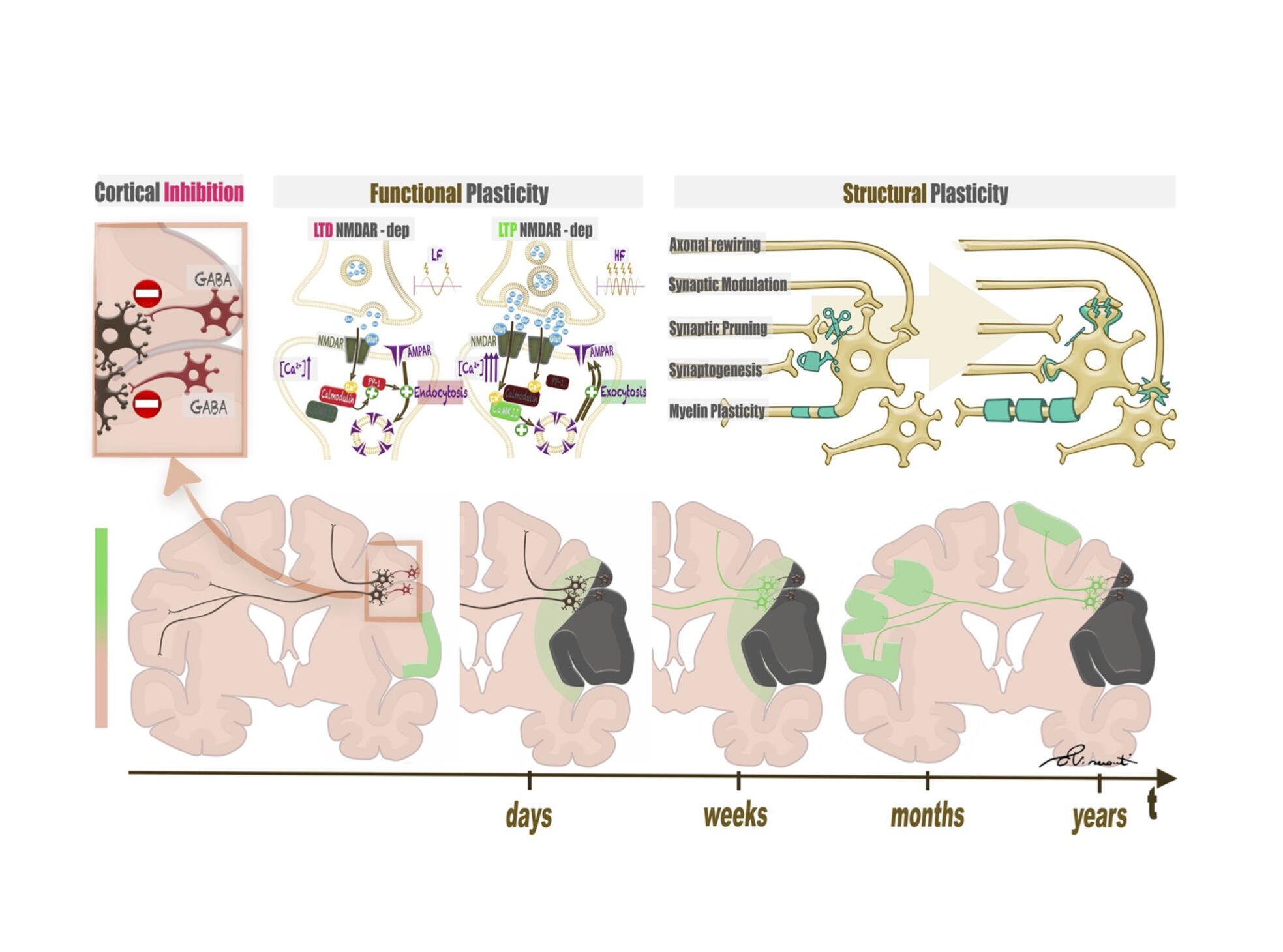
Research direction
Our published research centers on uncovering the mechanisms underlying neuroplasticity with brain imaging and developing innovative methods to integrate these insights into treatment strategies. By advancing our understanding of how the brain adapts to injury and disease, we aim to improve patient outcomes.
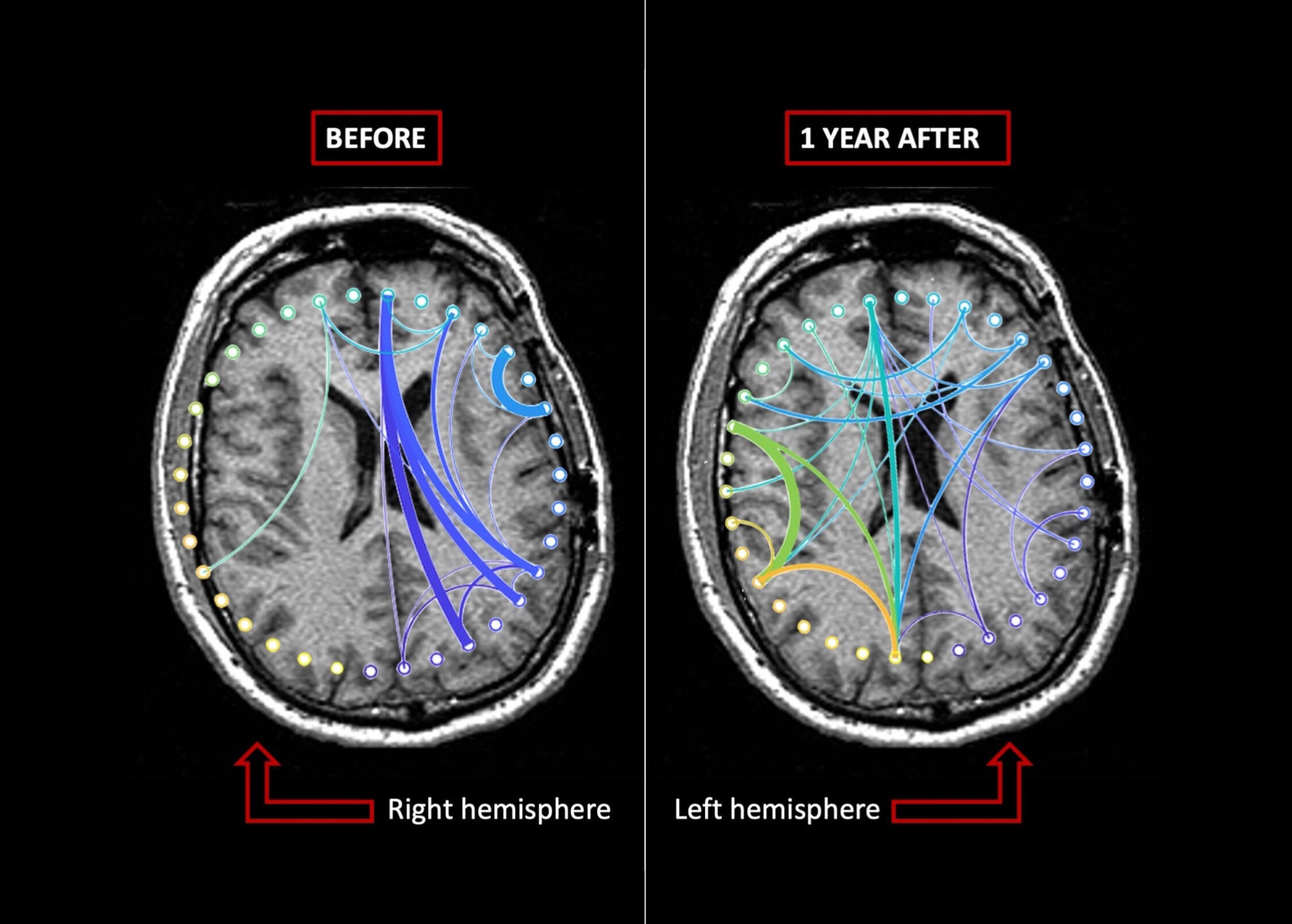
Through pre- and post-surgical fMRI studies in brain tumor patients, we demonstrated increased recruitment of the right hemisphere in language processing, suggesting its critical role in preserving speech function. (PMID: 36765795, PMID: 36433876).
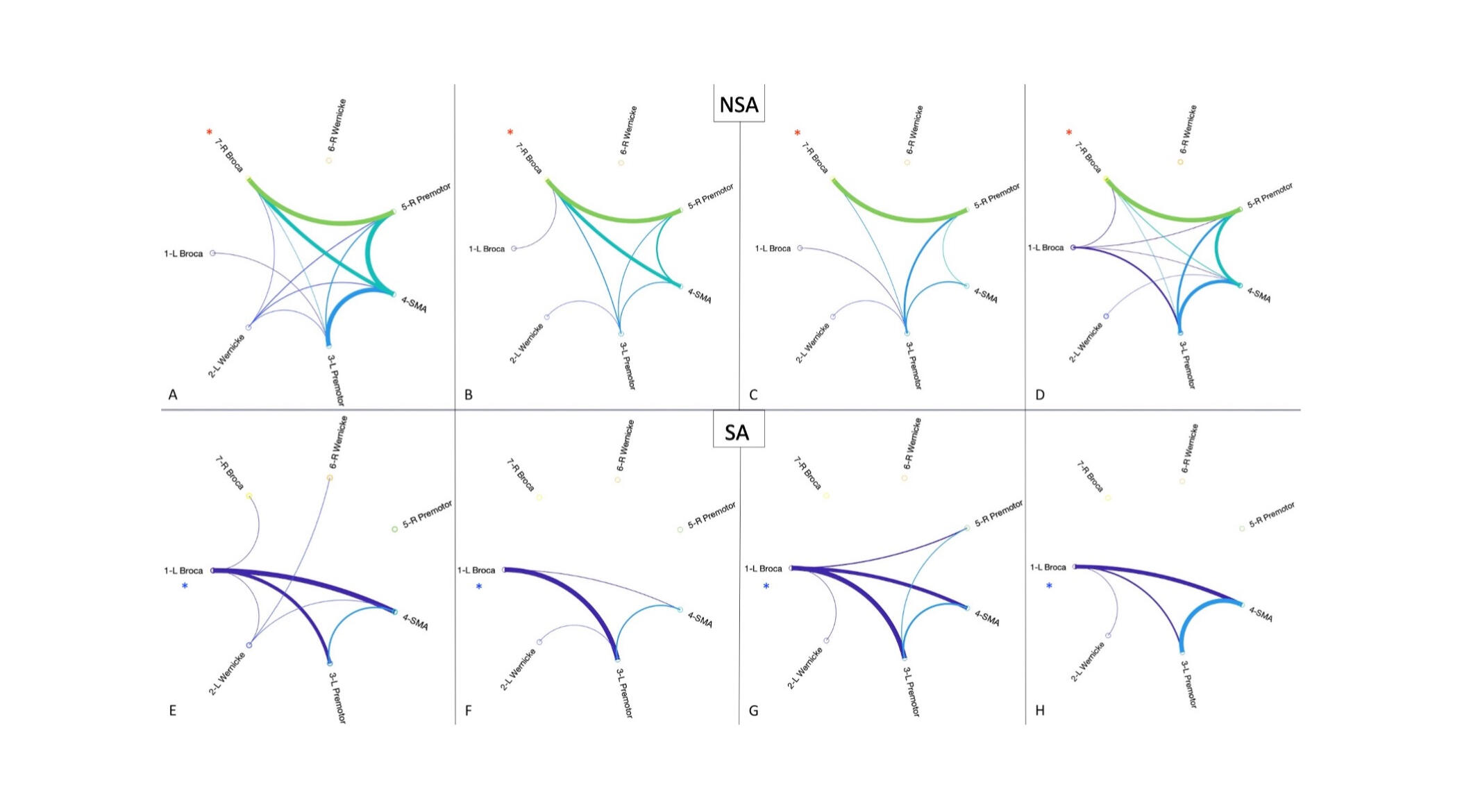
We evaluated the language network in patients undergoing awake tumor resection with direct cortical stimulation (DCS). Stimulation of the left Broca's area induced speech arrest in only a subset of patients. Those who did not experience speech arrest exhibited a shift in language connectivity to the right hemisphere and demonstrated better clinical performance. (PMID: 37377358).
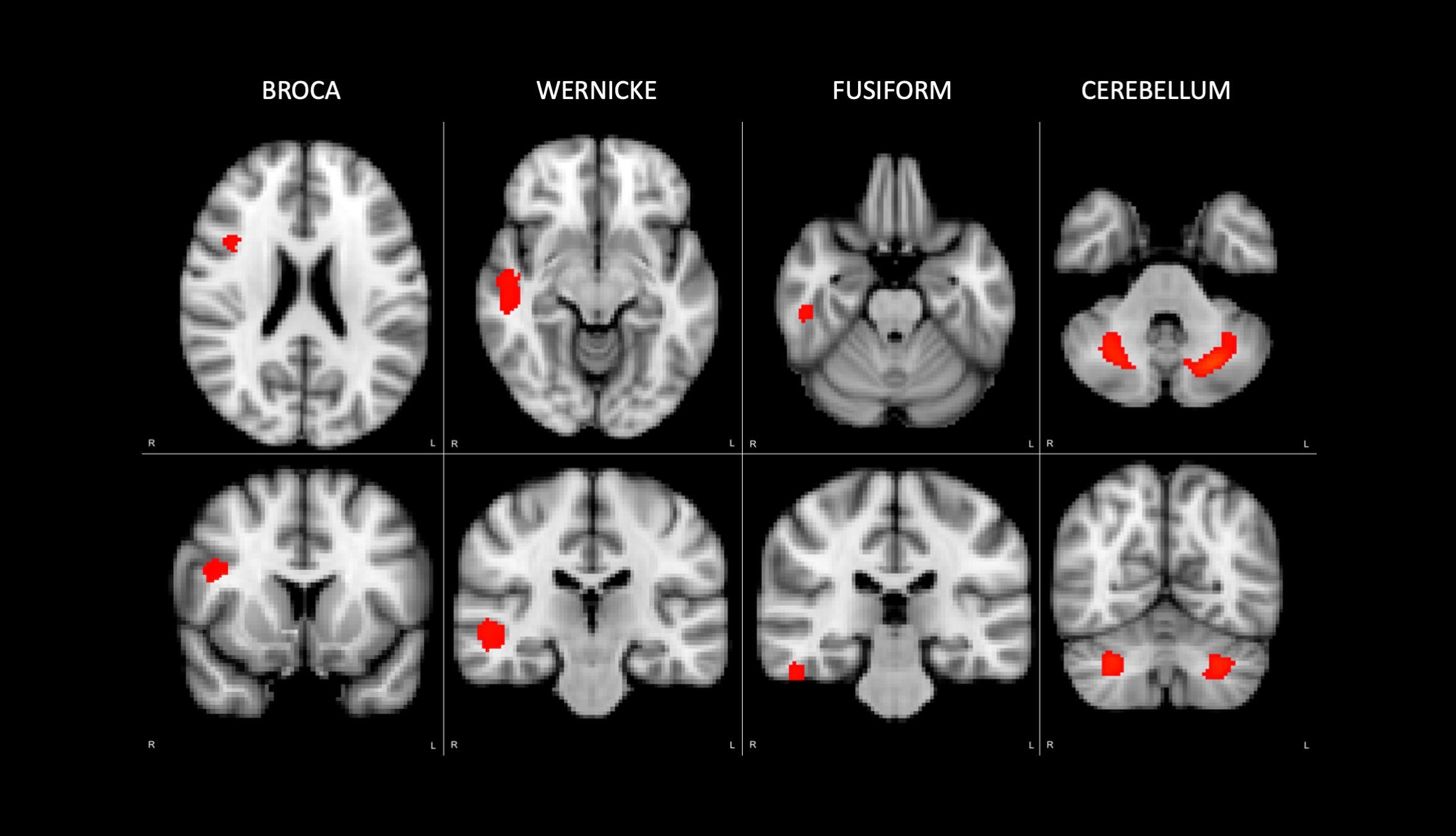
We analyzed the cortical volume of patients with brain tumors and inter-hemispheric language reorganization. The newly recruited areas in the right hemisphere showed increased cortical volume, possibly reflecting synaptogenesis.
(PMID: 36356409).
Currently, we are studying the role of other networks in language reorganization. By analyzing resting-state co-activation patterns of the default mode network and executive control network, our results show that a brain undergoing neuroplasticity relies on high cognitive functions to compensate for clinical deficits.

A central aim of our lab is to use neuroimaging to distinguish between beneficial and detrimental patterns of brain reorganization. We focus on developing and validating quantitative measures of neuroplastic changes, leveraging imaging biomarkers to gain deeper insights into the brain's compensatory mechanisms following injury. Our ultimate goal is to inform and design targeted interventions that support functional recovery.
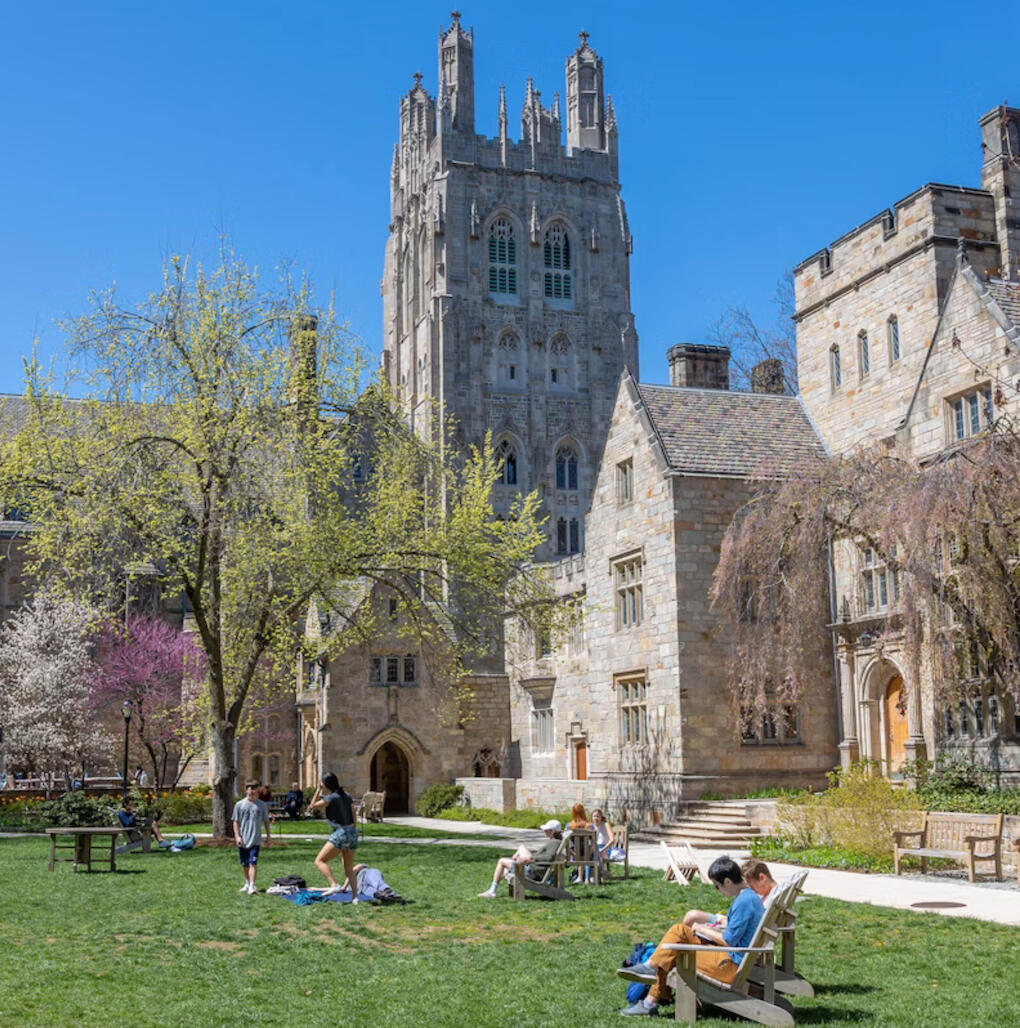
yale university
Established in 1701, Yale stands as a prestigious Ivy League research institution in New Haven, Connecticut, and is the third-oldest higher education establishment in the United States. Renowned globally for its academic excellence, Yale consistently ranks among the top five universities in the nation.The campus thrives with a wide range of cultural activities, hosting several events each month, including art and phylosophy talks, gallery openings, theater performances, opera, and concerts. Its rich heritage is reflected in multiple prestigious museums, showcasing world-class collections from across the globe.
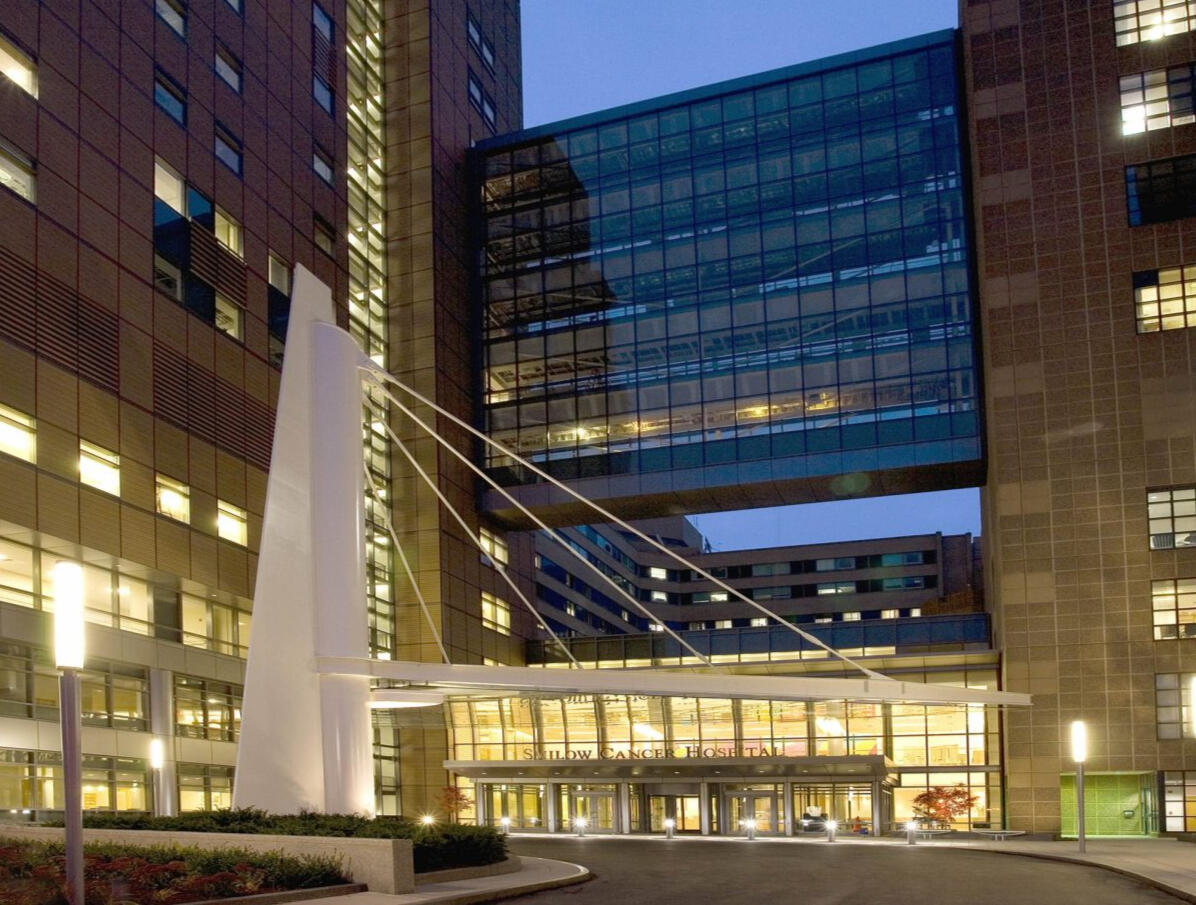
yale new haven hospital
Consistently ranked among the top hospitals in the nation and the #1 hospital in Connecticut, Yale New Haven Hospital (YNHH) serves as the primary teaching hospital for Yale School of Medicine and is a key component of one of the largest healthcare systems in the Northeast. The YNHH system includes an NIH-designated cancer center, multiple adult hospitals, and a dedicated pediatric hospital, with a combined capacity of over 2,400 beds. The radiology department, staffed by more than 100 radiologists, leverages state-of-the-art imaging technology to provide exceptional care and advanced diagnostics.The upcoming neuroscience tower at YNHH’s Saint Raphael Campus marks the largest investment in neuroscience in Connecticut’s history. This cutting-edge facility will further enhance the hospital’s clinical and research capabilities with the addition of two PET/MRI scanners and a 7T MRI scanner
applications
The lab is accepting applications for the upcoming academic year. Selected candidates will participate in an interview process with the Lab PI and/or other investigators. Recruitment is based on publication record and experience in neuroimaging analysis. Applicants from around the world are encouraged to apply, and J-visa sponsorship is available.